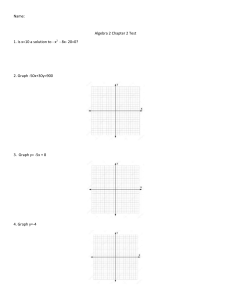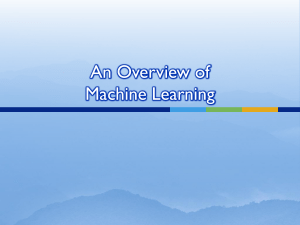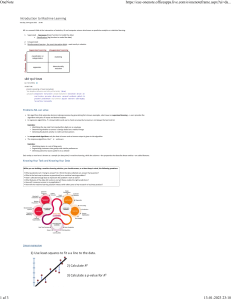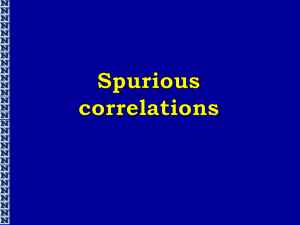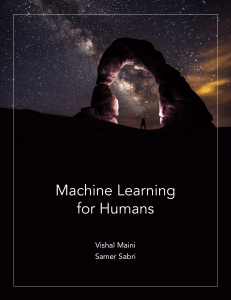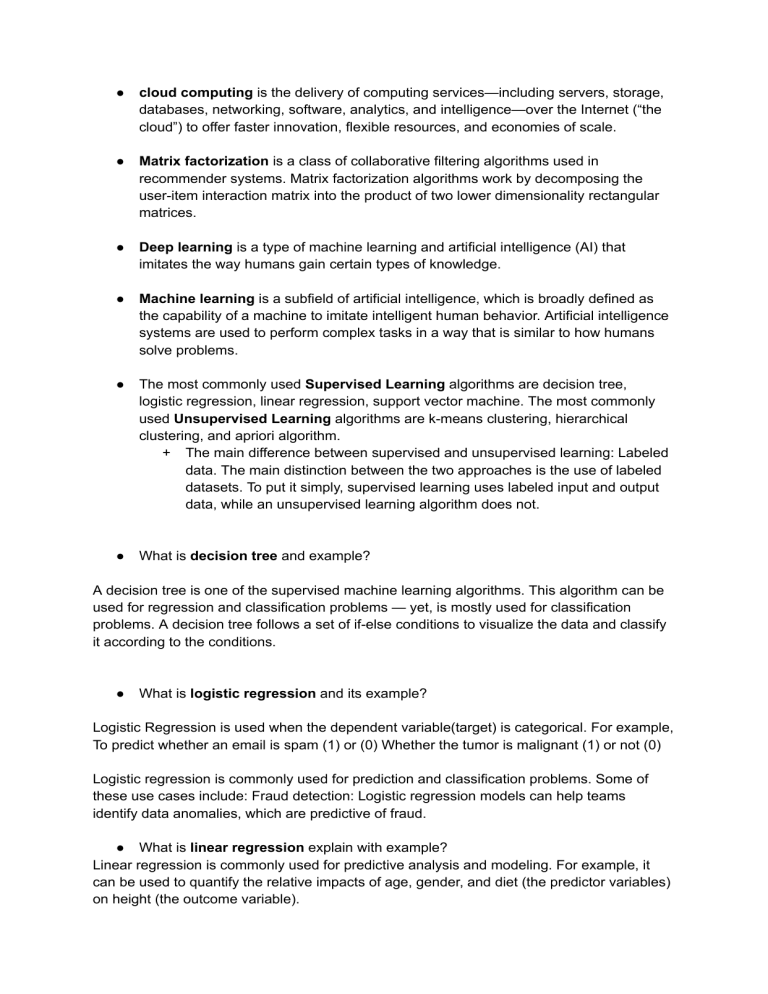
● cloud computing is the delivery of computing services—including servers, storage, databases, networking, software, analytics, and intelligence—over the Internet (“the cloud”) to offer faster innovation, flexible resources, and economies of scale. ● Matrix factorization is a class of collaborative filtering algorithms used in recommender systems. Matrix factorization algorithms work by decomposing the user-item interaction matrix into the product of two lower dimensionality rectangular matrices. ● Deep learning is a type of machine learning and artificial intelligence (AI) that imitates the way humans gain certain types of knowledge. ● Machine learning is a subfield of artificial intelligence, which is broadly defined as the capability of a machine to imitate intelligent human behavior. Artificial intelligence systems are used to perform complex tasks in a way that is similar to how humans solve problems. ● The most commonly used Supervised Learning algorithms are decision tree, logistic regression, linear regression, support vector machine. The most commonly used Unsupervised Learning algorithms are k-means clustering, hierarchical clustering, and apriori algorithm. + The main difference between supervised and unsupervised learning: Labeled data. The main distinction between the two approaches is the use of labeled datasets. To put it simply, supervised learning uses labeled input and output data, while an unsupervised learning algorithm does not. ● What is decision tree and example? A decision tree is one of the supervised machine learning algorithms. This algorithm can be used for regression and classification problems — yet, is mostly used for classification problems. A decision tree follows a set of if-else conditions to visualize the data and classify it according to the conditions. ● What is logistic regression and its example? Logistic Regression is used when the dependent variable(target) is categorical. For example, To predict whether an email is spam (1) or (0) Whether the tumor is malignant (1) or not (0) Logistic regression is commonly used for prediction and classification problems. Some of these use cases include: Fraud detection: Logistic regression models can help teams identify data anomalies, which are predictive of fraud. ● What is linear regression explain with example? Linear regression is commonly used for predictive analysis and modeling. For example, it can be used to quantify the relative impacts of age, gender, and diet (the predictor variables) on height (the outcome variable). ● What is clustering algorithm with example? The clustering algorithm is an unsupervised method, where the input is not a labeled one and problem solving is based on the experience that the algorithm gains out of solving similar problems as a training schedule. ● A convolutional neural network (CNN or ConvNet) is a network architecture for deep learning that learns directly from data. CNNs are particularly useful for finding patterns in images to recognize objects, classes, and categories. They can also be quite effective for classifying audio, time-series, and signal data. ● What is biometric data? Data relating to the physical, physiological or behavioural characteristics of an individual which allow their unique identification, such as facial images or dactyloscopic data. ● What is the artificial intelligence? Artificial intelligence is the simulation of human intelligence processes by machines, especially computer systems. Specific applications of AI include expert systems, natural language processing, speech recognition and machine vision. ● The k-nearest neighbors algorithm, also known as KNN or k-NN, is a non-parametric, supervised learning classifier, which uses proximity to make classifications or predictions about the grouping of an individual data point. ● Overfitting is a concept in data science, which occurs when a statistical model fits exactly against its training data. When this happens, the algorithm unfortunately cannot perform accurately against unseen data, defeating its purpose. ● recommender system, or a recommendation system, is a subclass of information filtering system that seeks to predict the “rating” or “preference” a user would give to an item.
